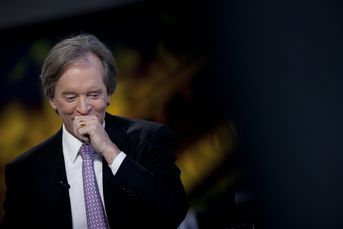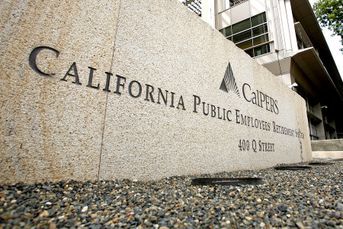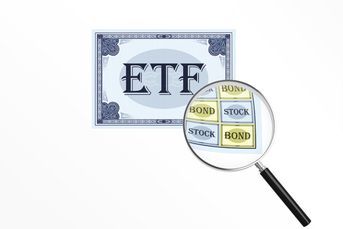Some speculate about Kashkari’s exit
Slow growth for Pimco's equity unit may have hastened departure, pundits say
Neel Kashkari said that his desire to return to “public service” was the only reason he left Pimco, but some don’t think that’s the whole story.
Two months before his unexpected departure as head of global equities at Pacific Investment Management Co. LLC, he told top California Republican Party officials that he was quitting because he wanted to run for governor.
But investment management consultants and executive recruiters speculate that Mr. Kashkari left in part because he had a tough time building an equity business at a huge player in the fixed-income world.
Despite a three-year effort that began in early 2010 shortly after his hiring, equity assets under management totaled just $9.9 billion as of Feb. 15, not even 1% of the firm’s $2 trillion in assets.
Of that amount, about 20% is in institutional strategies. The remainder is in six equity mutual funds, whose performance mostly has been less than spectacular.
Morningstar Inc. analyst Karin Anderson said that given the equity funds’ “peripheral” role in Pimco’s overall assets, she understands why Mr. Kashkari might have felt frustrated and decided to leave.
Commenting on Pimco’s attempt to build its equity business, Michael Castine, chairman of asset and wealth management at Korn/Ferry International, said: “It’s an experiment past the sell-by date, which is probably why Neel left.”
But Jim Brulte, expected to become chairman of the California Republican Party next month, said that Mr. Kashkari told him he would be leaving Pimco to run for statewide elected office because his heart was in public service.
Mr. Kashkari declined to comment on whether job frustrations or the difficulty in building an equity business contributed to his departure.
In an e-mail, he reiterated the statement he made when he quit Pimco — that he wanted to return to government.
His tenure as former assistant Treasury secretary for financial stability in charge of the $700 billion Troubled Asset Relief Program, which bailed out banks and insurers during the financial crisis, was the most rewarding job that he has had, Mr. Kashkari wrote.
MISSED GOVERNMENT WORK
Mr. Kashkari took the Pimco job expecting that it would be a long-term career move, but he missed working in government and politics, according to a person with knowledge of the situation, who asked not to be identified.
Last June, Mr. Kashkari said that it would take seven to 10 years to develop Pimco’s equity business.
But one former high-level Pimco official, who asked not to be identified, said that he never thought Mr. Kashkari planned to spend a long time at the company, because of his political background.
Pimco spokesman Michael Reid said that company officials weren’t available to discuss Mr. Kashkari’s departure.
Data from Morningstar show that Pimco’s largest equity mutual fund, the almost $2 billion Pathfinder EqS fund, ranked in the bottom decile of all global stock funds last year.
Separate and commingled accounts using the same strategy ranked in the bottom quartile, according to eVestment Alliance LLC.
The EqS fund is due to receive its star rating from Morningstar after it reaches its three-year mark in April, said Geoffrey Bobroff, president and founder of Bobroff Consulting Inc.
It likely will receive a one-star rating because of its subpar performance, he said.
“If you are not a four- or five-star fund, you are most likely not going to get inflows,” Mr. Bobroff said.
Meanwhile, sources said that Pimco’s lean-and-mean approach might have led to job frustration for Mr. Kashkari, who had gained rock star status from overseeing TARP.
One former Pimco employee, who asked not to be identified, said that Mr. Kashkari’s celebrity helped him cut a deal to get managing-director rank and partner status, allowing him to share in the firm’s profits.
Mr. Kashkari was the first non-chief executive at Pimco to earn that status without coming up through the ranks, sources said.
Mr. Kashkari wasn’t a portfolio manager at Pimco but was a key person in charge of building overall equity strategies.
Under Pimco’s approach of making decisions by consensus, he was one of 20 people who picked six portfolio managers and their key staff to run the equity strategies and funds.
Pimco officials might have been wiser to pick an executive in charge of equities who had managed equity portfolios and had name recognition in the equity world, Mr. Bobroff said.
Randy Diamond is a reporter at sister publication Pensions & Investments.
Learn more about reprints and licensing for this article.






